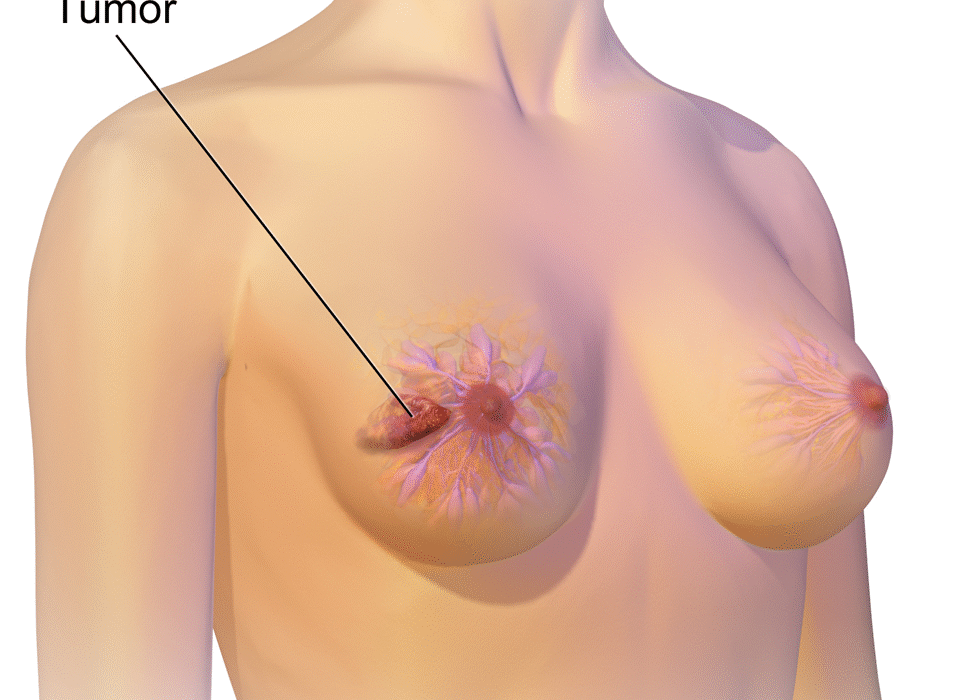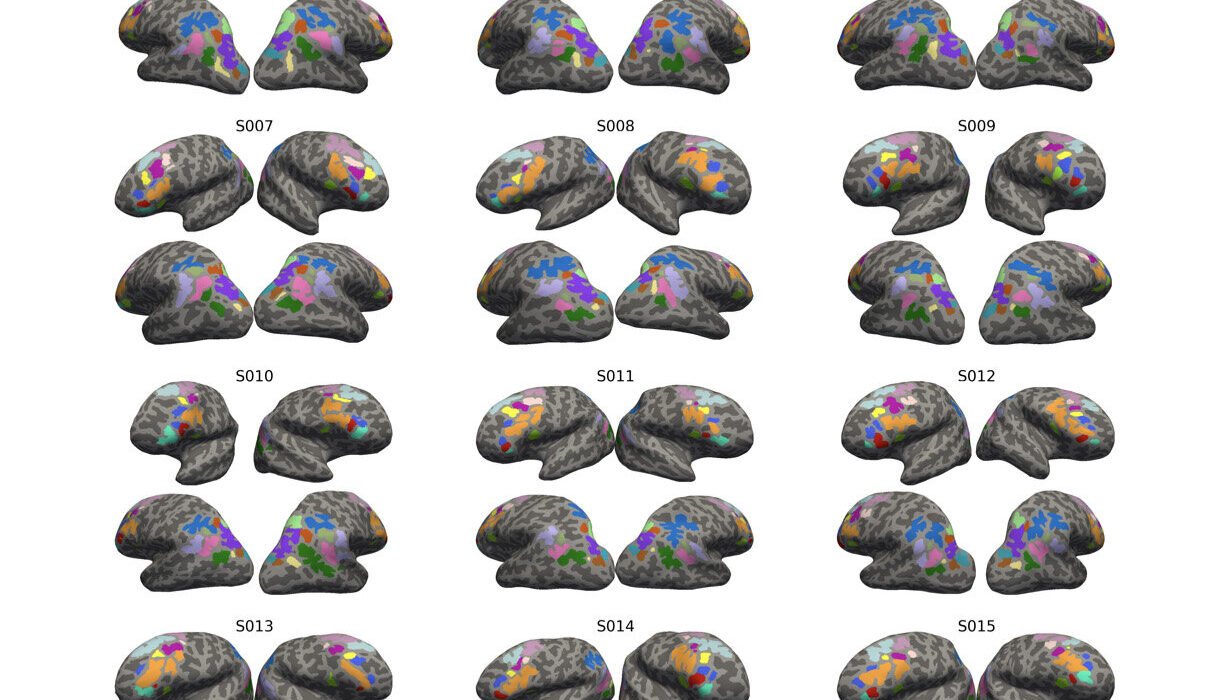Mental health is the quiet foundation upon which every other part of our lives rests. It is the lens through which we experience the world, interpret events, and interact with others. When our minds are clear, balanced, and resilient, we can handle stress, solve problems, build relationships, and find meaning in daily experiences. But when mental health suffers, everything else—our physical health, our work, our families, our sense of purpose—becomes harder to manage.
In recent decades, science has revealed something profound: mental health is not a fixed state determined by fate or genetics. It is dynamic, influenced by the choices we make each day. Our brains and bodies are remarkably adaptable, and daily habits—small, intentional actions repeated over time—can profoundly boost mental well-being.
This article explores the science and the stories behind daily practices that nurture mental health. It is not about quick fixes or empty slogans, but about habits rooted in neuroscience, psychology, and human experience. These practices do not guarantee a life free of stress or sadness, but they build resilience, strength, and joy.
The Science of Habits and the Brain
Habits are the brain’s way of creating efficiency. When we repeat an action, neural pathways strengthen, making the behavior easier and more automatic. This is why brushing your teeth or tying your shoes doesn’t require much thought. The same principle applies to mental health habits. By repeating positive behaviors, we shape our brains to respond to life’s challenges with more calm, clarity, and resilience.
Neuroscientists call this neuroplasticity—the brain’s ability to change its structure and function in response to experience. For example, regular meditation has been shown to increase gray matter density in areas of the brain associated with memory, empathy, and stress regulation. Similarly, exercise stimulates the release of brain-derived neurotrophic factor (BDNF), a protein that supports learning and resilience.
In other words, daily habits are not just surface-level routines; they are biological tools that sculpt the brain itself.
Movement as Medicine: The Mental Health Benefits of Exercise
Exercise is often celebrated for its physical benefits—stronger muscles, healthier hearts, lower risk of chronic illness. But its impact on mental health is just as profound. Regular physical activity reduces symptoms of depression and anxiety, enhances mood, sharpens memory, and even fosters creativity.
When you move, your body releases endorphins—chemicals that create feelings of euphoria and calm. Exercise also boosts serotonin and dopamine, neurotransmitters critical for regulating mood, motivation, and pleasure. Beyond chemistry, exercise reduces inflammation, improves sleep quality, and promotes a sense of accomplishment.
Even moderate activity matters. A brisk 30-minute walk, cycling to work, or dancing in your living room can trigger measurable improvements in mood. Studies show that exercise can be as effective as antidepressants for some people with mild to moderate depression.
The key is consistency, not intensity. Daily movement—whether yoga, running, gardening, or stretching—acts as a gentle but powerful medicine for the mind.
The Healing Power of Sleep
In the modern world, sleep is often sacrificed in the name of productivity. Yet, sleep is not a luxury—it is a biological necessity. During sleep, the brain consolidates memories, clears metabolic waste, and restores balance in neurotransmitter systems. Without sufficient rest, mental health deteriorates.
Sleep deprivation is strongly linked to irritability, anxiety, impaired judgment, and depression. Chronic insomnia increases the risk of developing long-term mental health disorders. On the other hand, healthy sleep patterns improve emotional regulation, problem-solving, and resilience to stress.
Habits that promote better sleep—often called sleep hygiene—are vital for mental health. These include going to bed at a consistent time, creating a dark and cool environment, limiting screen exposure before bed, and avoiding caffeine or alcohol late in the day.
Sleep is not wasted time. It is the foundation upon which mental clarity, emotional stability, and creativity are built.
Nutrition and the Gut-Brain Connection
“You are what you eat” is not just a cliché—it is neuroscience. Emerging research reveals a powerful connection between the gut and the brain, often referred to as the gut-brain axis. Trillions of microorganisms in our digestive tract influence neurotransmitter production, immune function, and even mood.
For example, about 90% of the body’s serotonin—a neurotransmitter that regulates mood—is produced in the gut. A diet rich in fiber, fermented foods, and diverse plant-based nutrients supports a healthy gut microbiome, which in turn supports mental health. Conversely, diets high in processed foods, sugar, and unhealthy fats are linked to higher rates of depression and anxiety.
Daily dietary habits such as eating colorful vegetables, whole grains, lean proteins, omega-3 fatty acids (found in fish and flaxseed), and probiotic-rich foods like yogurt or kimchi can nurture both body and mind.
Nutrition is not about strict rules or perfection—it is about consistency. Every meal is an opportunity to feed not only the body but also the brain.
Mindfulness and Meditation: Training the Present Moment
Our minds are often pulled into the past or projected into the future, generating worry, regret, or endless “what ifs.” Mindfulness—the practice of focusing attention on the present moment without judgment—offers a powerful antidote.
Meditation, breathing exercises, and mindful awareness of daily activities reduce stress by calming the nervous system and lowering cortisol levels. Neuroscience shows that mindfulness practice increases activity in the prefrontal cortex, the brain’s center for rational thinking and emotional regulation, while reducing overactivity in the amygdala, the brain’s fear center.
Daily mindfulness need not be complicated. Five minutes of deep breathing, paying attention to the taste of your food, or noticing the sensations during a walk can shift the brain’s patterns. Over time, mindfulness rewires the brain for calm, clarity, and compassion.
Gratitude as a Daily Practice
Gratitude is more than polite manners—it is a scientifically supported habit that reshapes mental health. Research shows that regularly practicing gratitude increases happiness, reduces depression, and strengthens resilience. It shifts focus away from what is lacking and toward what is abundant.
Daily gratitude practices can be simple: writing down three things you are thankful for, expressing appreciation to someone, or pausing to savor a beautiful moment. Over time, gratitude strengthens positive neural pathways, making optimism more natural.
Gratitude does not deny life’s difficulties; rather, it provides balance, allowing us to see both the challenges and the blessings.
Connection: The Social Lifeline
Humans are inherently social beings. Our brains evolved in the context of community, and our mental health thrives on connection. Loneliness, by contrast, is one of the strongest predictors of depression, anxiety, and even early mortality.
Daily habits that foster connection—calling a friend, sharing a meal, joining a group, or simply greeting a neighbor—have profound effects on mental well-being. Relationships provide emotional support, perspective, and a sense of belonging. They remind us that we are not alone in our struggles.
Technology complicates this dynamic. While social media can create connections, it can also foster comparison, envy, and superficial interactions. Healthy habits involve prioritizing meaningful, face-to-face connections and setting boundaries around digital consumption.
The Role of Nature in Mental Health
Nature is a silent healer. Time spent outdoors reduces stress, lowers blood pressure, and improves mood. Psychologists call this the “biophilia hypothesis”—the idea that humans are wired to thrive in connection with nature.
Daily habits such as walking in a park, gardening, or simply sitting under a tree provide measurable mental health benefits. Even exposure to natural light regulates circadian rhythms, improving sleep and mood.
In an age of screens and urban living, intentional time in nature acts as a restorative counterbalance, grounding us in the rhythms of the earth.
Creativity and Play: The Forgotten Medicines
Creativity is often dismissed as a luxury, but it is a core component of mental well-being. Engaging in art, music, writing, or other creative activities stimulates the brain’s reward pathways, reduces stress, and fosters self-expression. Play—unstructured, joyful activity—does the same, reminding us of spontaneity and imagination.
Daily creative habits do not require talent or perfection. Doodling, singing in the shower, cooking a new recipe, or playing a board game are all forms of mental nourishment. Creativity and play reconnect us with curiosity and joy, essential ingredients for mental health.
Acts of Kindness and Meaning
Helping others is not only good for society—it is profoundly good for the helper. Studies show that acts of kindness boost mood, increase feelings of purpose, and even improve physical health by reducing blood pressure and stress hormones.
Daily habits such as volunteering, offering support, or even small gestures like holding a door open create ripples of positivity. They remind us that we are part of something larger, and that meaning in life often comes not from what we accumulate but from what we give.
Digital Boundaries and Mental Clarity
In a world of constant notifications, information overload, and endless scrolling, our minds are under siege. Excessive screen time, particularly on social media, is linked to higher rates of anxiety, depression, and sleep problems.
Daily habits that set digital boundaries—turning off notifications, creating tech-free times, or practicing “digital fasting”—allow space for rest, focus, and presence. Technology can serve us, but without boundaries, it can consume us.
Mental clarity often requires intentional disconnection.
Resilience Through Self-Compassion
Finally, one of the most powerful daily habits for mental health is self-compassion. Many people speak to themselves with harshness and criticism they would never direct at others. Yet research shows that self-compassion reduces anxiety, fosters resilience, and promotes motivation.
Self-compassion involves three elements: self-kindness, recognition of shared humanity, and mindfulness. Daily practices may include speaking gently to yourself, forgiving mistakes, or treating challenges as opportunities for growth.
Self-compassion is not self-indulgence—it is the foundation for sustainable mental well-being.
Mental Health as a Lifelong Journey
Boosting mental health through daily habits is not about perfection. No one practices all habits flawlessly every day. Rather, it is about cultivating a lifestyle that supports the mind consistently over time. Small actions, repeated daily, accumulate into profound change.
Mental health is not a destination but a journey—one of balance, adaptation, and growth. Some days will be harder than others, but the habits we practice create resilience for the storms of life.
Ultimately, daily habits remind us that we have agency in shaping our mental health. We cannot control every circumstance, but we can choose how we nourish our minds. And in that choice lies power, hope, and healing.






